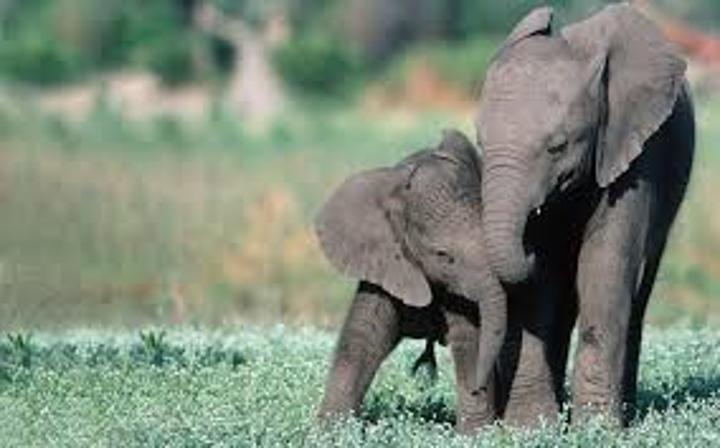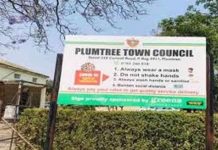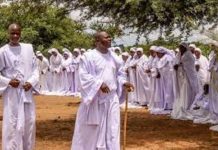Africa-Press – Zimbabwe. THE World Wildlife Fund Zimbabwe (WWF) has embarked on a mission to empower smallholder farmers in Binga district with agroecological knowledge, fostering a harmonious balance between people and nature.
The organisation’s programme in the Kavango Zambezi Transfrontier Conservation Area (KAZA TFCA) aims to create a secure, ecologically connected landscape, where ecosystems thrive and communities are empowered.
Chizarira National Park, the country’s third-largest national park, has one of the richest biodiversities in the country and is surrounded by communities which rely on crop production and livestock rearing as their main source of livelihood.
By equipping these farmers with agroecological skills, WWF Zimbabwe is strengthening wildlife connectivity and promoting coexistence between humans and wildlife.
“A farmer training session was conducted in the Muchesu, Kariyangwe, Chinonge and Manseme wards of Binga, which lie within critical wildlife dispersal areas connected to Chizarira National Park,” WWF said in a statement.
The training aimed to build the practical and technical skills of smallholder farmers to support climate-resilient, biodiversity-friendly farming systems.
Through this initiative, WWF Zimbabwe is contributing to the conservation of the region’s natural resources while improving the wellbeing of local communities.
The project focuses on promoting sustainable agricultural practices, such as crop rotation, organic farming and conservation agriculture, which help to reduce deforestation, improve soil health, and increase crop yields.
The KAZA TFCA, which spans across five countries, including Zimbabwe, Zambia, Botswana, Namibia and Angola, is home to a diverse range of wildlife, including elephants, lions, and leopards.
However, human-wildlife conflict has been a major challenge in the region, with communities often resorting to retaliatory killings of wildlife due to crop damage and livestock losses.
“We have seen an increase in our crop yields and a reduction in human-wildlife conflict,” said Joyce Mudimba, a beneficiary.
“We are grateful to WWF for empowering us with agroecological knowledge and supporting our conservation efforts.”
For More News And Analysis About Zimbabwe Follow Africa-Press






